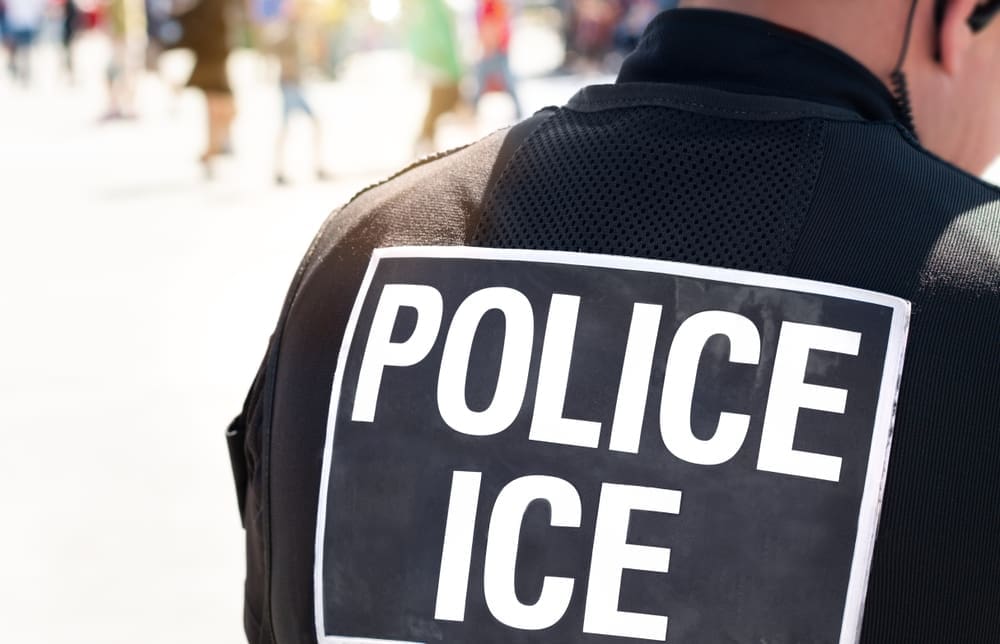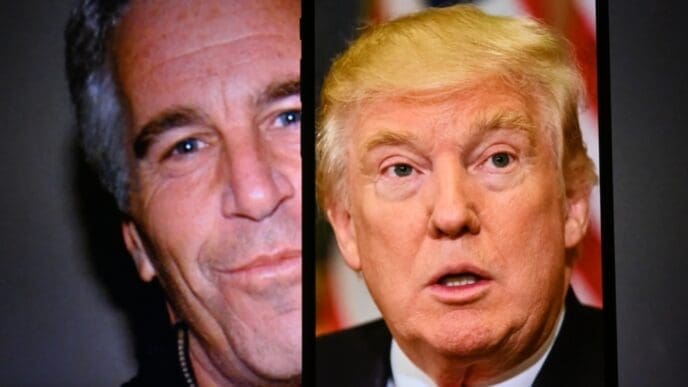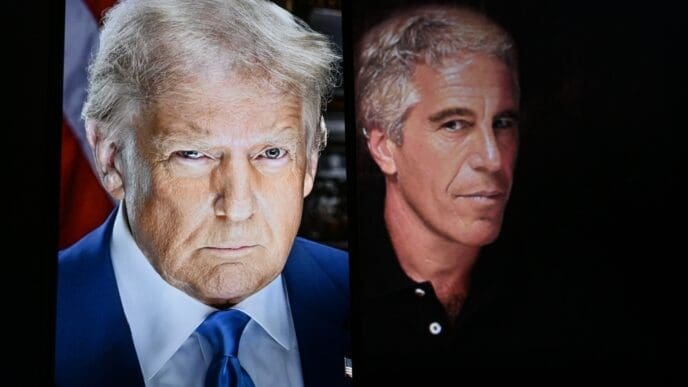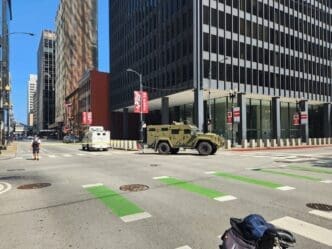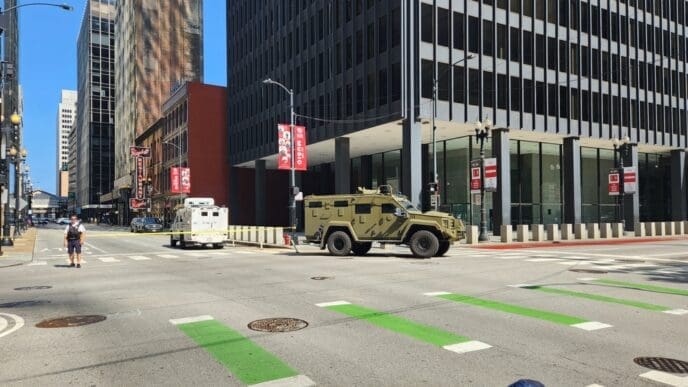Executive Summary
- A large-scale immigration raid at a Hyundai-LG battery plant construction site in Georgia led to the arrest of 475 individuals, predominantly South Korean nationals, temporarily halting construction.
- The raid occurred less than two weeks after President Trump met with South Korean President Lee Jae Myung, where South Korea pledged $350 billion in U.S. manufacturing investments.
- The incident has caused strong reactions from South Korea, raising questions about visa practices for foreign businesses and the complexities of U.S. immigration enforcement intersecting with economic development.
The Story So Far
- The raid occurred less than two weeks after South Korea pledged $350 billion in U.S. manufacturing investments following a meeting with President Trump, highlighting the complexities foreign companies face navigating U.S. immigration policies while contributing to American industry. It also brought to light the common practice among Korean conglomerates of using “less-than-above-board visas” for short-term assignments due to difficulties in obtaining timely, appropriate visas, a practice that American authorities in Georgia had reportedly “turned a blind eye” to previously, indicating a notable shift in enforcement.
Why This Matters
- The large-scale immigration raid at a Hyundai-LG battery plant, occurring shortly after a significant South Korean investment pledge, risks straining diplomatic relations with a key U.S. ally and underscores the complexities and potential friction foreign companies face navigating U.S. immigration enforcement, which could complicate future business operations and investment commitments in American manufacturing.
Who Thinks What?
- U.S. immigration authorities and Governor Kemp’s office affirmed their commitment to enforcing all state and federal immigration laws, coordinating the large-scale raid.
- South Korean officials and businesses viewed the raid as a “slap in the face,” questioning the treatment of their workers given significant investments and the challenges in obtaining appropriate visas.
- Industry executives and consultants noted that using “less-than-above-board visas” is often a necessity for Korean conglomerates due to difficulties in securing timely, appropriate visas for specialized short-term assignments.
The Trump administration conducted a large-scale immigration raid last week at a Hyundai-LG battery plant construction site in Georgia, leading to the arrest of 475 individuals, predominantly South Korean nationals. The operation, which temporarily halted construction at the sprawling facility, occurred less than two weeks after President Trump met with South Korean President Lee Jae Myung, where Seoul had pledged $350 billion in investments for American manufacturing. The incident has prompted strong reactions from South Korea, raising questions about the complexities of international business agreements and immigration enforcement in the United States.
Raid Details and Context
Nearly 500 armed officers from federal and state agencies descended on the 2,900-acre site. Workers described the scene as a “war zone,” with some attempting to flee or hide. Hundreds were detained and subsequently transported to the Folkston ICE Processing Center, located over 100 miles away.
The timing of the raid drew particular attention, as it followed a high-profile meeting between President Trump and President Lee. During this meeting, South Korea committed significant funds to bolster U.S. industrial capacity, aligning with President Trump’s agenda of rebuilding American manufacturing.
Visa Practices and Official Responses
The Financial Times reported, citing executives and industry groups, that for Korean conglomerates, using “less-than-above-board visas” for short-term assignments is often seen as a necessity. This is reportedly due to difficulties in obtaining timely, appropriate visas for specialized tasks and training during these large-scale projects. Jonathan Cleave, managing director for Korea at Intralink, a consultancy, noted that American authorities, particularly in Georgia, had previously “turned a blind eye” to such temporary worker documentation for “bursts” of construction activity.
In response to the raid, Governor Kemp’s office issued a statement affirming Georgia’s commitment to enforce all state and federal immigration laws. A spokesperson confirmed coordination between the Department of Public Safety and ICE for the operation, highlighting a history of cooperation between state law enforcement and federal immigration enforcement.
Workers Affected and International Reaction
While Hyundai stated that none of the arrested individuals were direct employees of the carmaker, approximately 50 worked for LG Energy Solutions, and another 250 for HL-GA Battery Company, a joint venture between Hyundai and LG. Many of the remaining 175 arrested workers were identified as Latino. South Korean officials have indicated they would charter a flight to repatriate the detained South Korean workers as early as this week.
The raid has been widely perceived as a “slap in the face” for South Korea, a close U.S. ally and its sixth-largest trading partner. News of the event, including images of workers reportedly shackled at the wrists, waist, and ankles, was front-page news across South Korea over the weekend. Choi Jong-gun, a former South Korean vice foreign minister, expressed outrage to the Washington Post, questioning the treatment of Korean workers contributing to U.S. industry.
Business Implications
Despite the incident, Hyundai reiterated that its “US investment commitment remains unchanged,” though some of its business trips to the U.S. would be “subject to internal review.” The raid also highlighted existing concerns among Korean businesses; Bloomberg noted that Samsung had previously issued internal guidelines advising employees on short-term visas not to exceed two weeks for U.S. business travel.
The incident at the Hyundai-LG plant underscores the intricate challenges faced by foreign companies navigating U.S. immigration policies while committing substantial investments to American manufacturing. It highlights the potential for geopolitical friction, even among close allies, when immigration enforcement intersects with economic development initiatives under the Trump administration.


